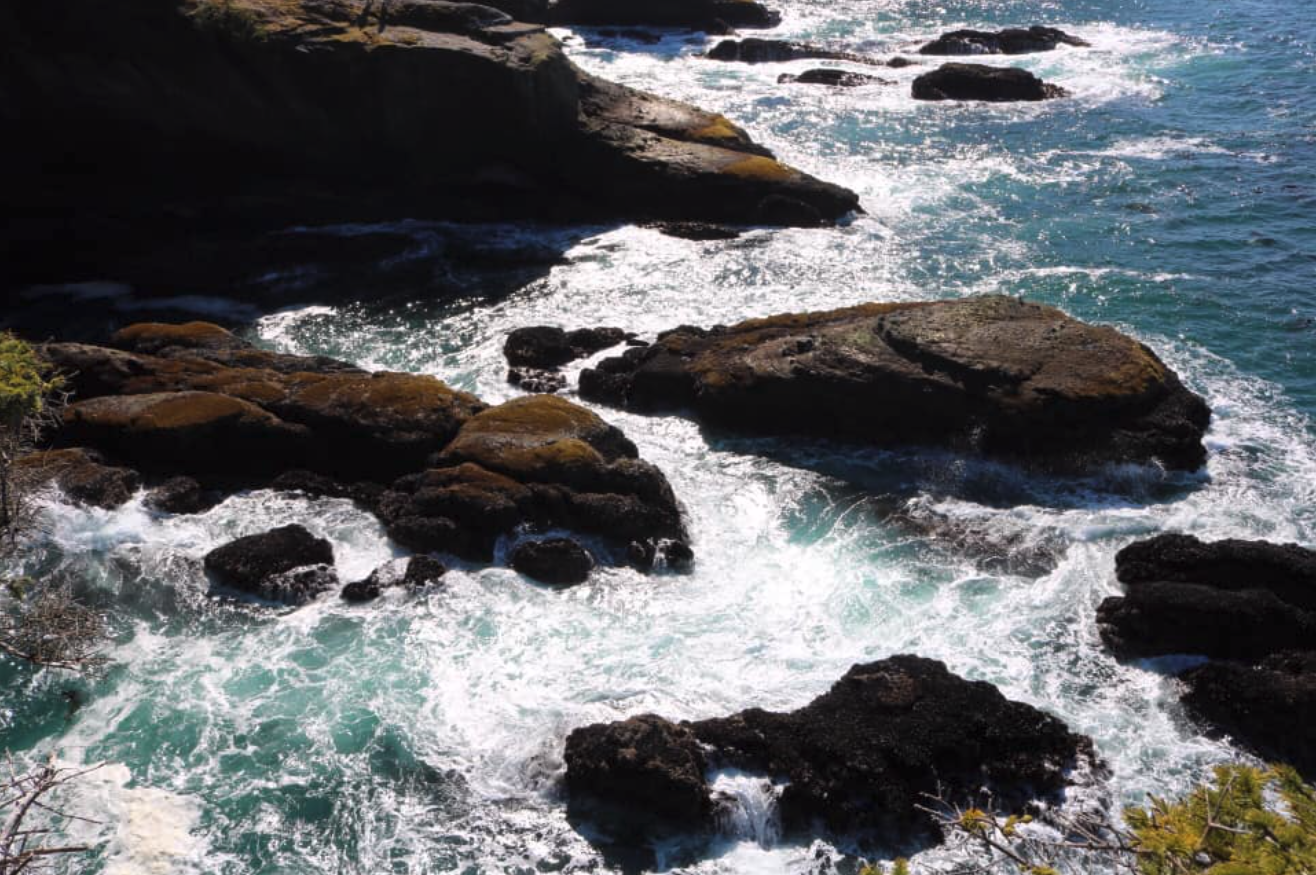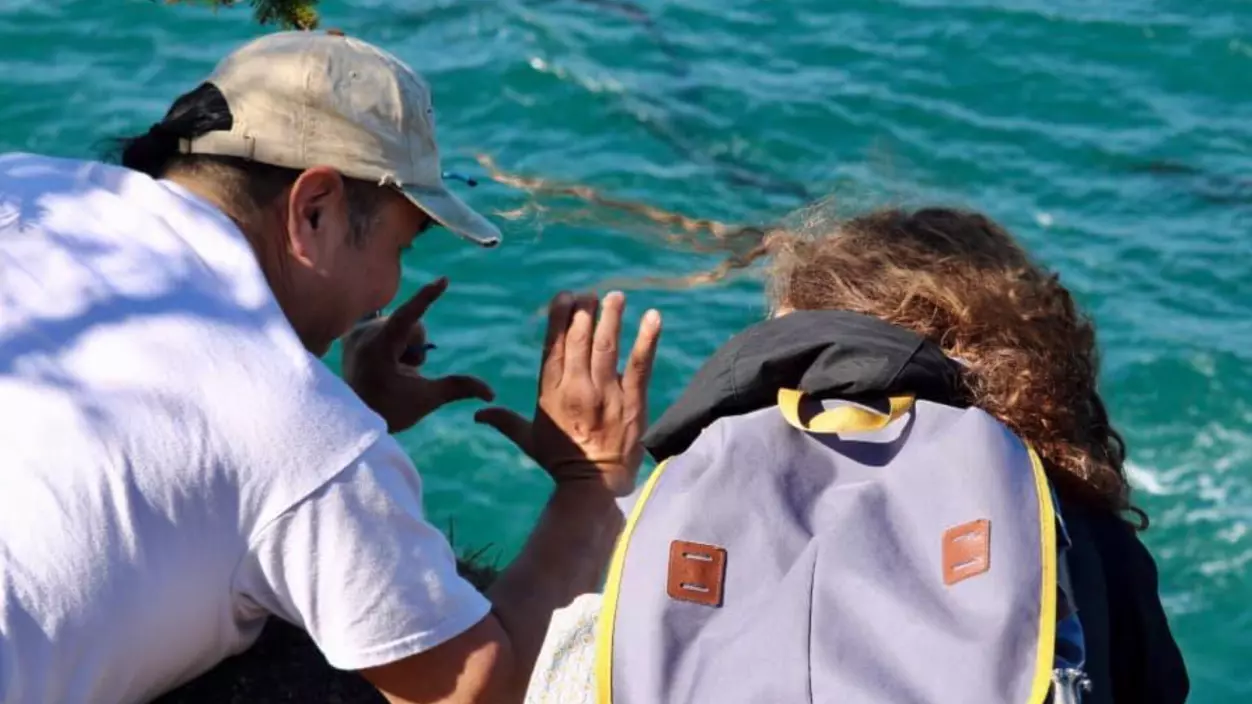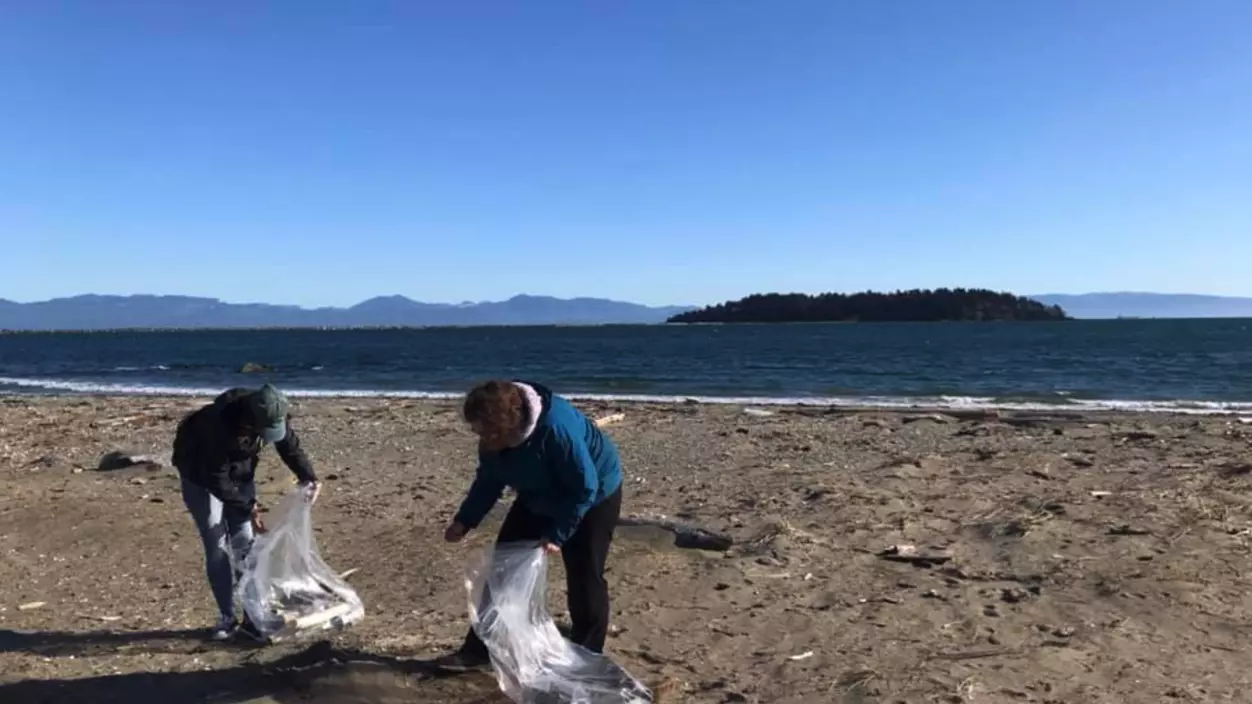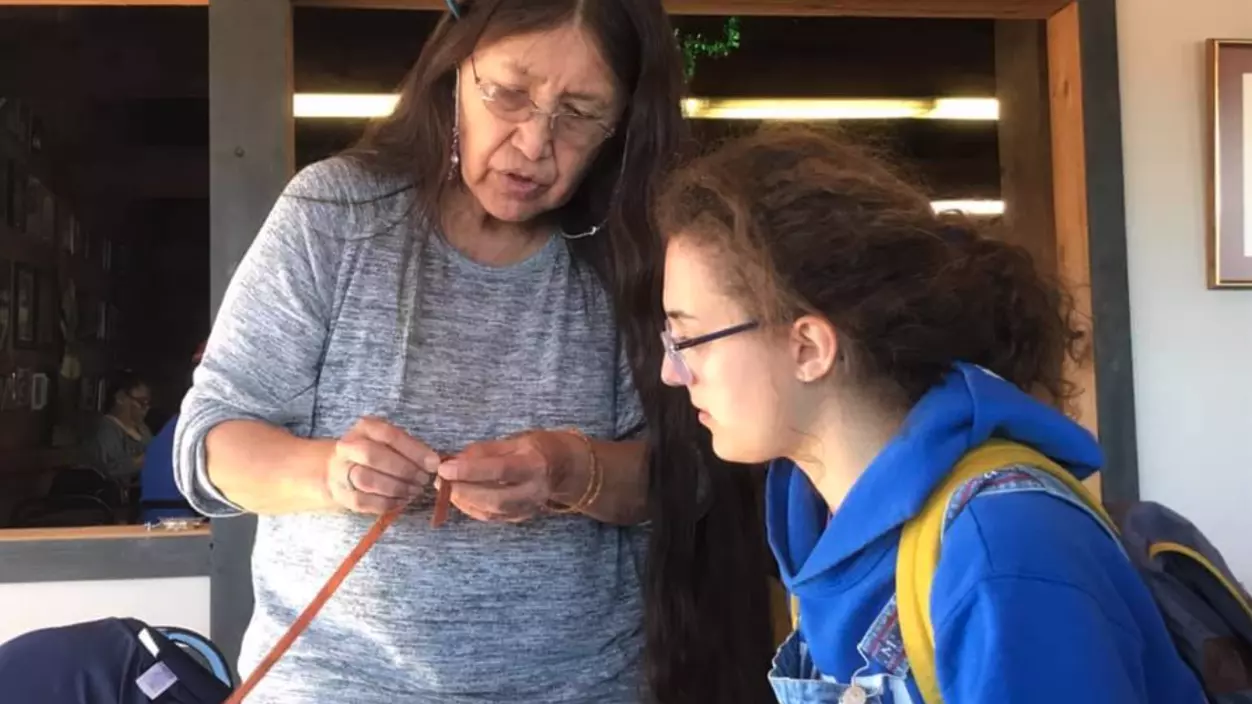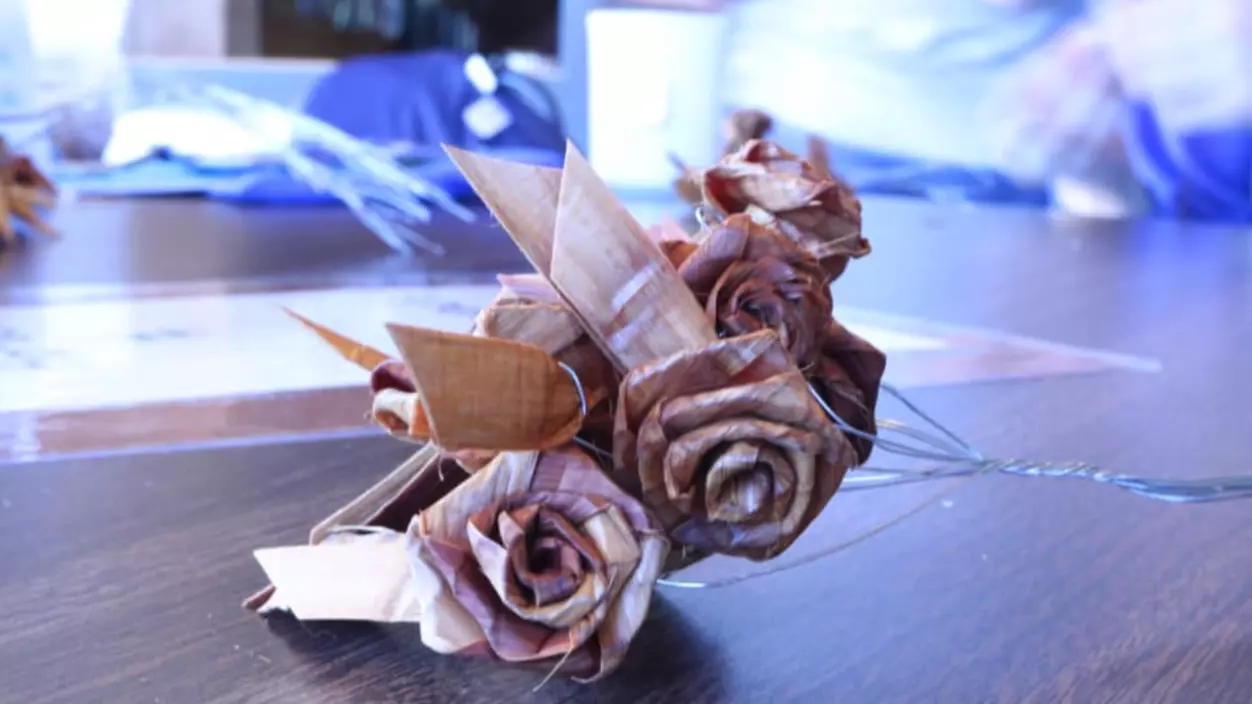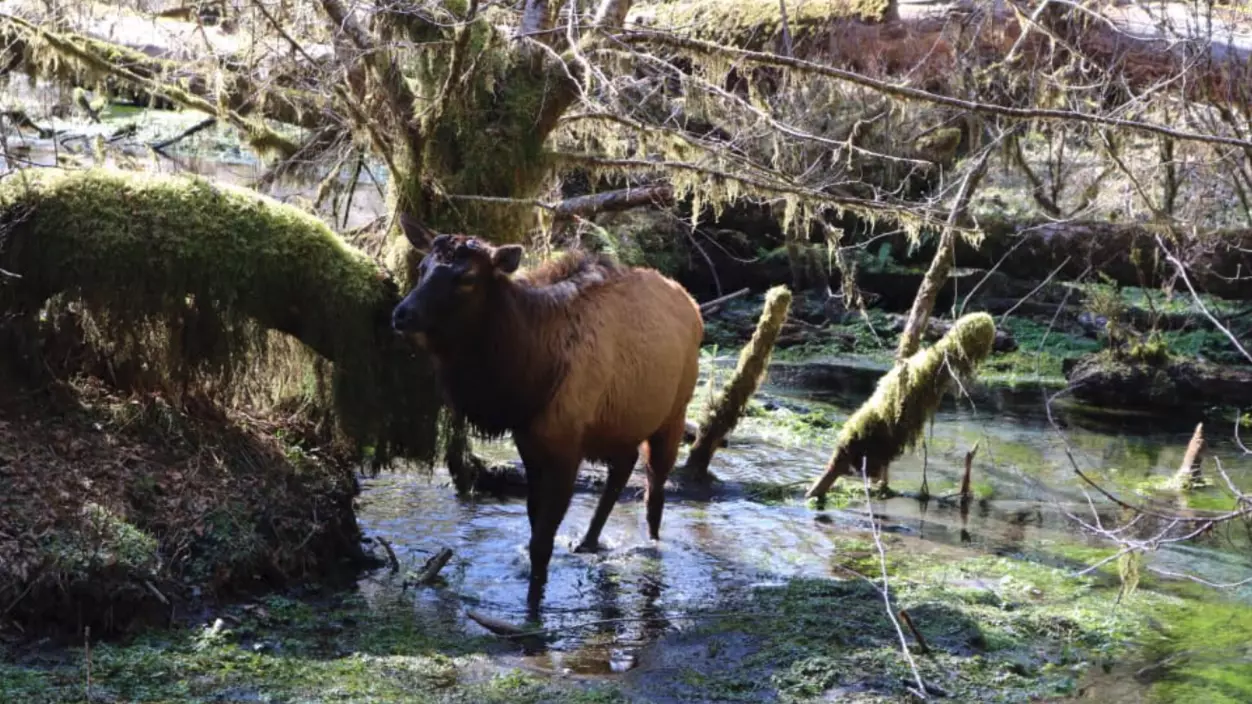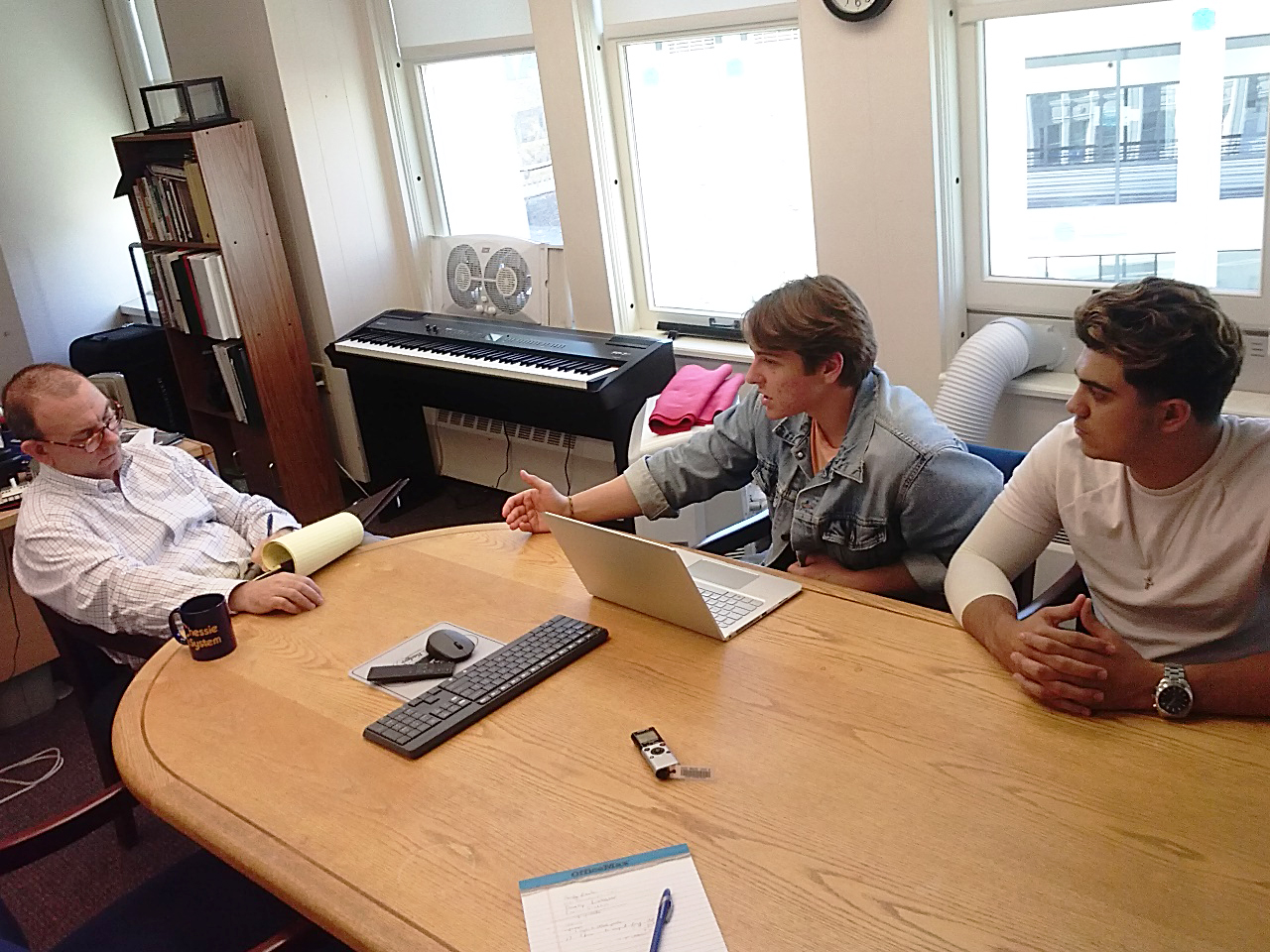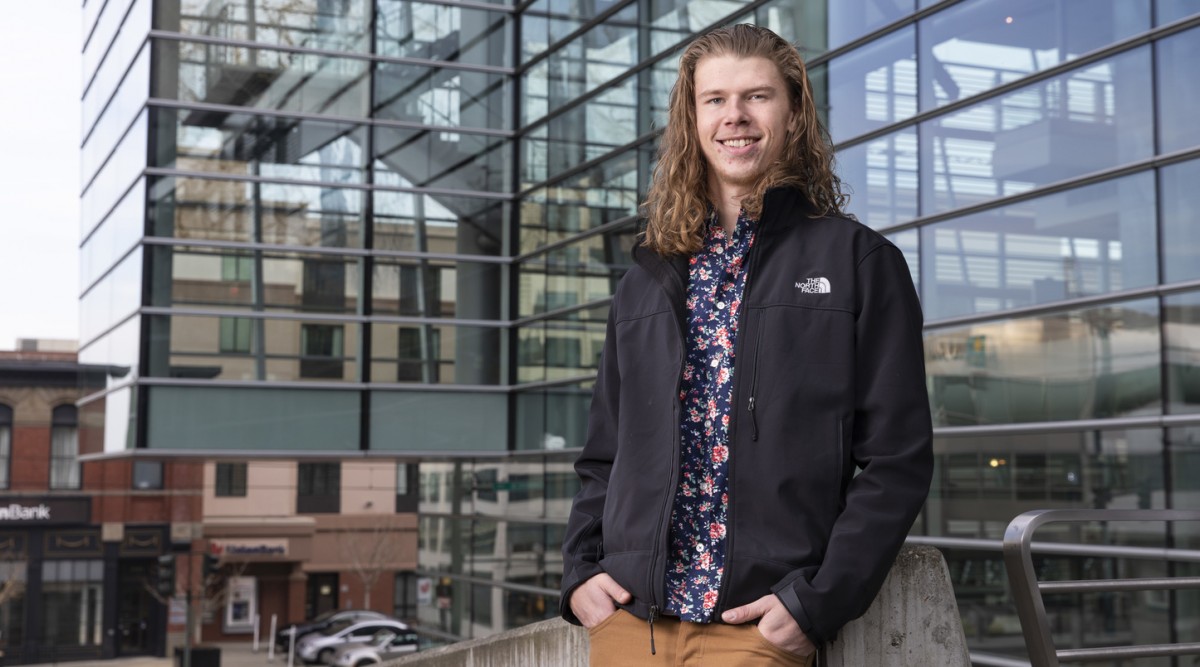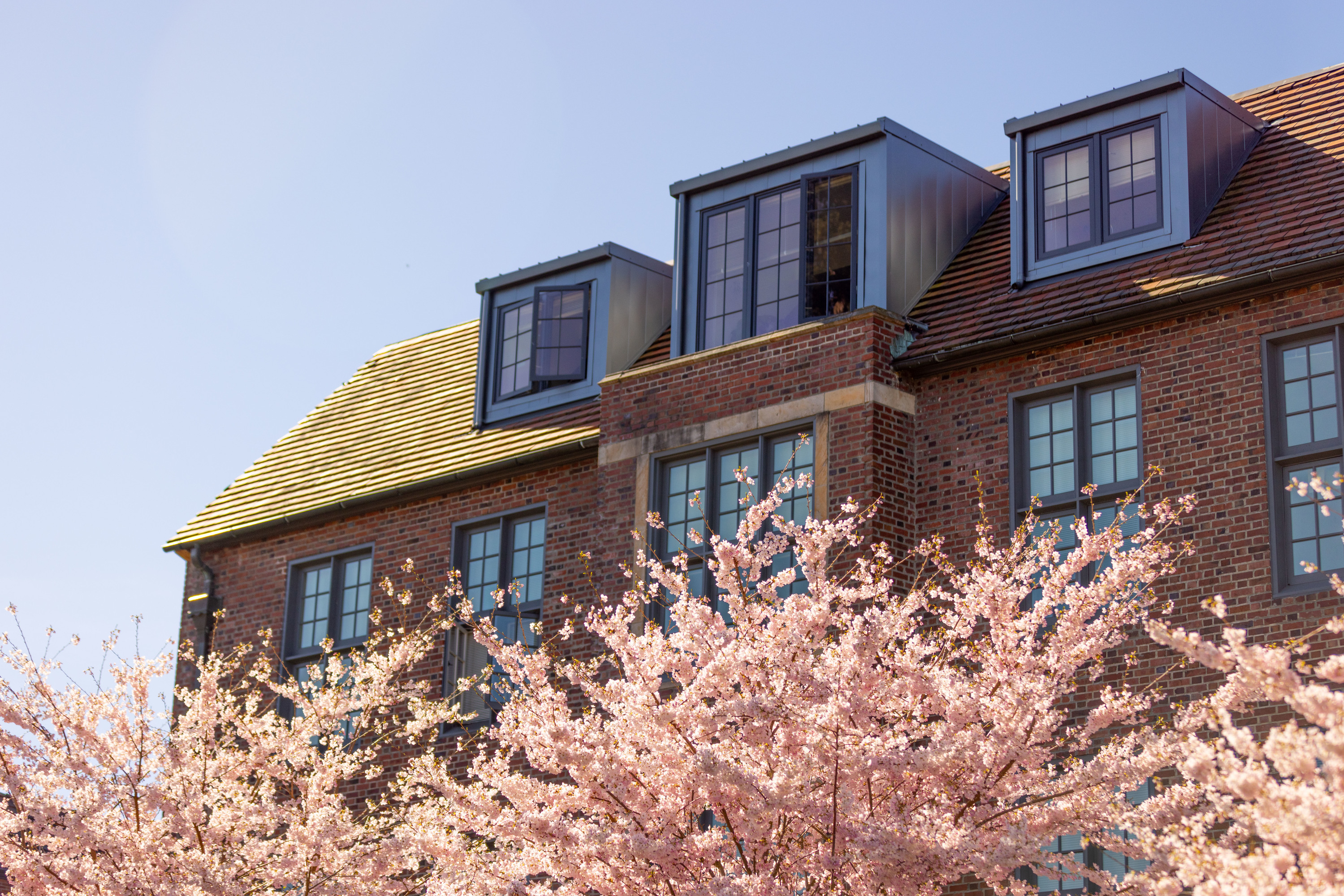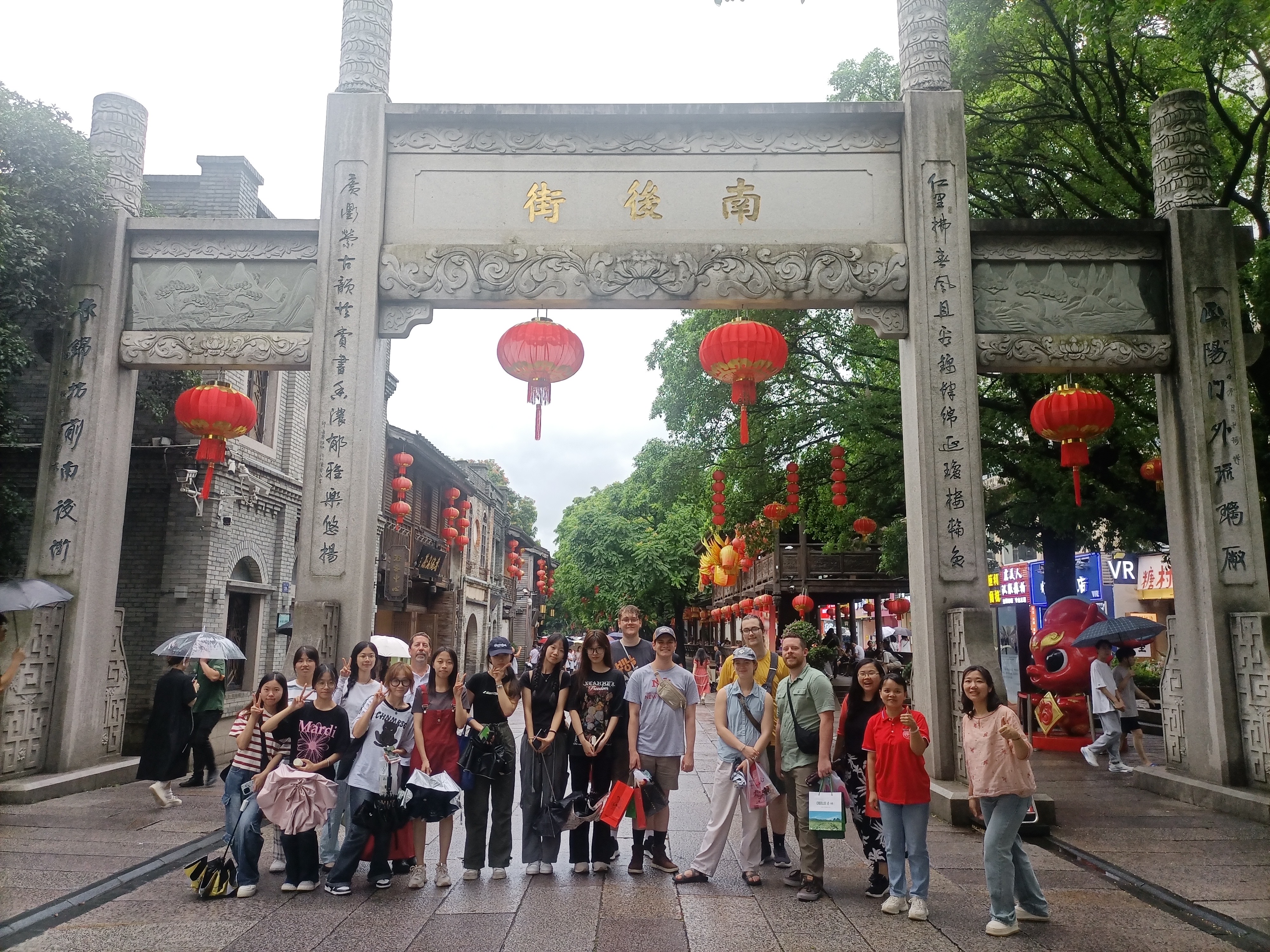Chelsea Bruen ’19 had always regarded whaling as a cruel practice, something that had no place in modern society. But as she stood listening to a member of Washington’s Makah Tribe talk about the practice and the deep spiritual and historical connections it has to the tribe, she realized there was a lot she didn’t know.
The presentation by Keith Johnson, president of the Makah whaling commission, was part of an Alternative Spring Break trip to the Olympic Peninsula. Organized by the Center for Intercultural and Civic Engagement (CICE), the four-day trip immersed students in the traditions of the Makah Nation and aimed to help students gain a wider perspective. In addition to the whaling lecture, the group visited the Makah Cultural & Research Center Museum, cleaned up the beach near Neah Bay, and visited a senior center to hear stories from Makah elders.
Chelsea’s experience of critiquing her own beliefs when presented with conflicting information was exactly what the trip was designed for. Skylar Bihl, assistant director for civic engagement, regularly organizes Alt Break trips and looks forward to these moments when students expand their understanding of the world.
